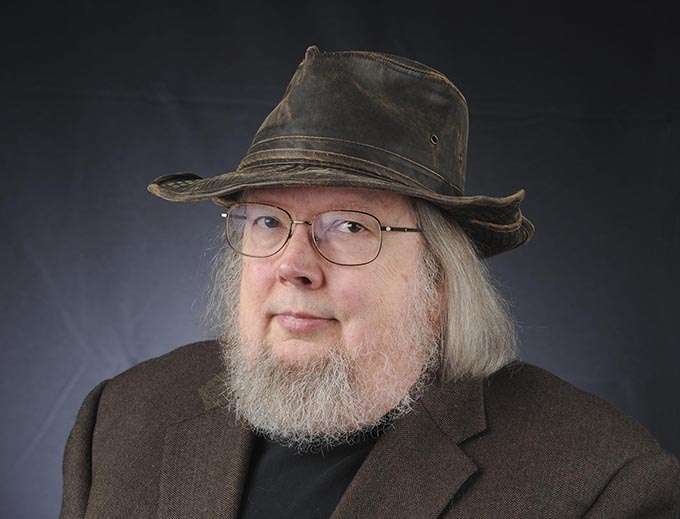(On Religion) A Catholic parish wrestles with smartphones: Part II
Published 2:43 pm Saturday, March 29, 2025

- Terry Mattingly
Professionals who sell technology are used to attending events where they display their goods and explain why they are important.
But the scene was different at Our Lady of Mount Carmel Catholic Church in Carmel, Indiana, on a Sunday a few weeks before Christmas. After each Mass, the faithful could enter the parish hall and meet representatives of companies that sell dumbphones, mobile devices without unlimited access to the internet.
Most active Catholic parents have already been exposed to the national debates about smartphones and their effects on the mental health of young children and teens, said parishioner Lauren Clark, who helped organize the event. The question is whether churches should get involved.
“Lots of parents are on board … but they don’t know what they can do,” she said, reached by telephone. “They still feel like they need — thinking about safety — some way to keep in touch with their kids.”
Parents also worry about arguing with their children, or other parents, about these decisions. And while they worry about the impact of smartphones on their children, they also worry about what will happen if their children unplug from the digital culture of their peers.
“Parents know that social media is more dangerous than the technology itself,” said Clark. “But if kids have that smartphone, there’s really no way to keep them off social media. It’s a critical mass situation. …
“You get them that smartphone to avoid conflict. But when you open that door, you’re going to face many other conflicts. Can I get Instagram? Can I get on TikTok? That smartphone is not a neutral object. It’s a tool.”
Religious groups need to get involved, said the researcher at the heart of these debates. Jonathan Haidt of New York University, author of “The Anxious Generation: How the Great Rewiring of Childhood Is Causing an Epidemic of Mental Illness,” is a self-avowed Jewish atheist. Nevertheless, he has found that Orthodox Jewish educators are the leaders most willing to work with him.
Orthodox Jews know they will clash with the culture around them, he said in an interview this past fall. Other religious leaders need to face that reality.
“Adolescent development needs to be guided by elders in their community,” he said. “That’s how you pass on a culture. That’s how you shape a child to become an adult in that culture. Once you get a phone-based childhood … there’s very little room for mentors of any kind — offline. … What they get, in essence, are mentors online who are chosen by an algorithm.”
Before the Mount Carmel event, Father Richard Doerr addressed parental concerns while explaining why the church invited tech professionals to visit. He noted that half of the parents linked to the parish school had already aligned with the national “Wait Until 8th” campaign to delay giving their children smartphones until eighth grade or later.
“The good news? There are plenty of kid-friendly phone options that let children make calls, send texts and stay connected without all the distractions and risks of a smartphone,” he wrote in the parish newsletter.
The post-Mass talks featured “Gabb, Light Phone, Troomi and Bark, each offering safe, simple alternatives that focus on communication — without the complications of internet browsing or social media,” Doerr added. The goal: Options for those “concerned about screen time, privacy or (who) just want to find something that gives your child a bit more independence without the overwhelming features of a smartphone.”
This is what religious leaders should communicate to their people, said Troomi CEO Bill Brady, who attended the event.
“Parents need to hear from the ecclesiastical authorities in their lives,” he said. “They need to hear, ‘This is an urgent issue. It matters. Here’s why.'”
Clergy need to grasp, said Clark, that smartphones are raising moral and spiritual questions they cannot avoid. Postponing complex and even controversial discussions of these digital dilemmas will not make the problems disappear.
Clergy who worry about clashes with parents about smartphones, she said, also need to think about how they will respond when faced with angry or grieving “parents who say, ‘My son is addicted to online pornography. Fix him.’ Or they may say, ‘My daughter is depressed and worried all the time about what her friends are saying about her on social media. Fix her.'”
Terry Mattingly is Senior Fellow on Communications and Culture at Saint Constantine College in Houston. He lives in Elizabethton, Tennessee, and writes Rational Sheep, a Substack newsletter on faith and mass media.





